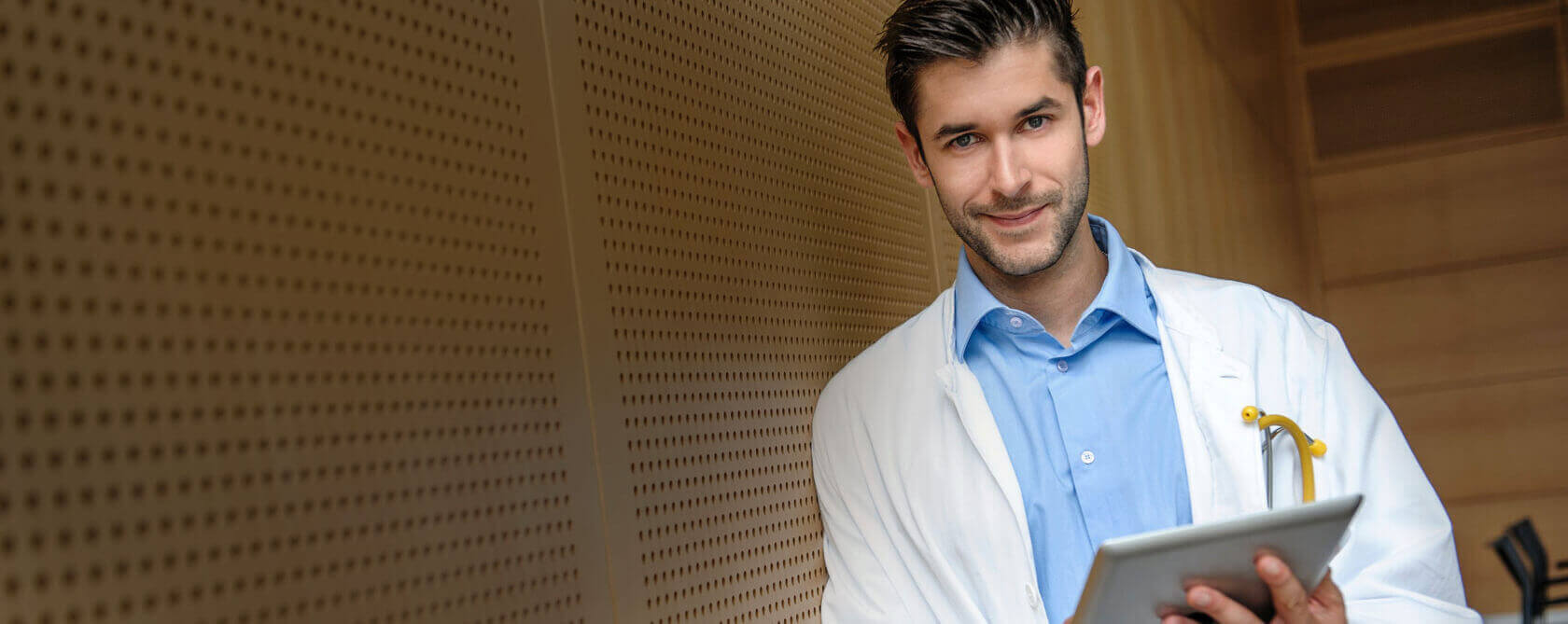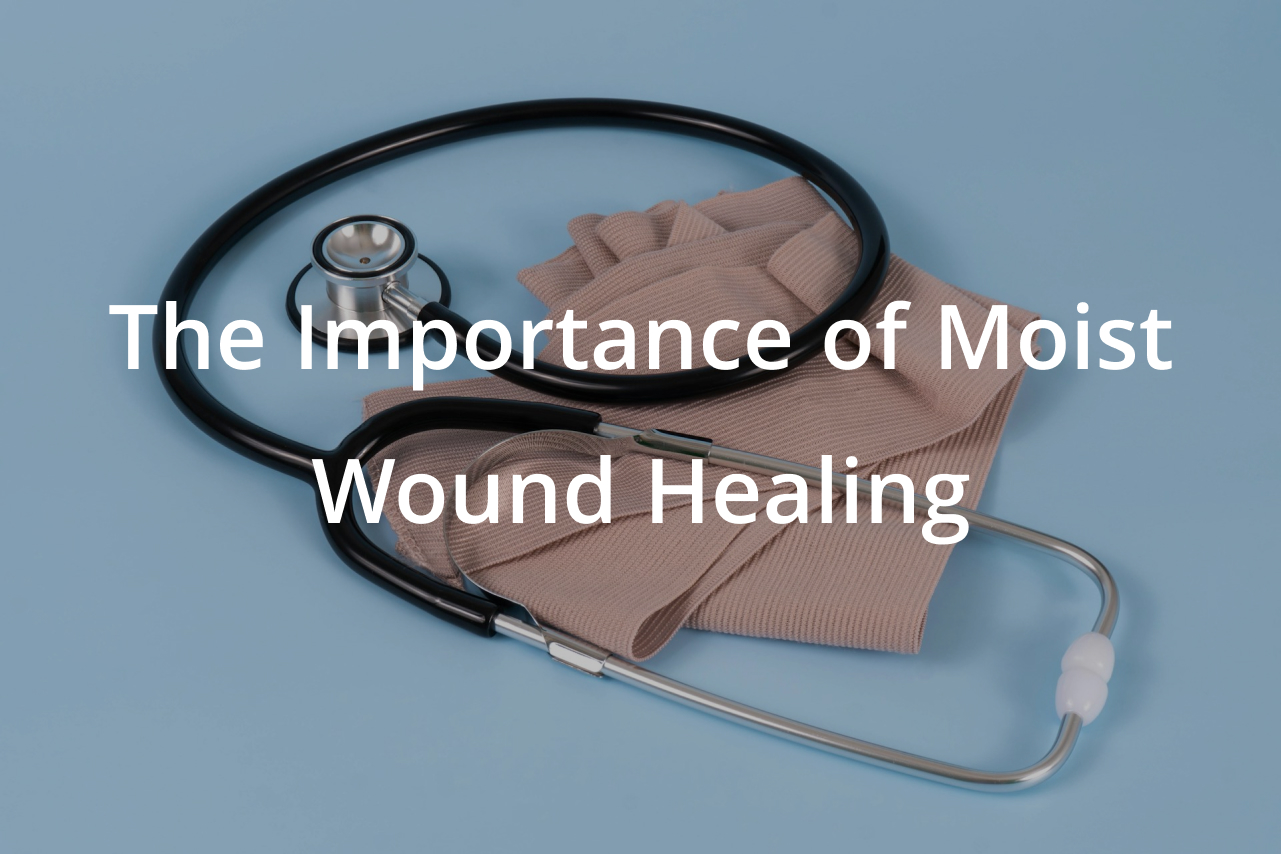Autoimmune disorders pose unique challenges in wound care. They often complicate the healing process due to the body’s altered immune response and potential side effects from long-term use of immunosuppressive medications. As a board-certified plastic surgeon with extensive experience in complex wound management, Dr. Som understands the intricacies of treating patients with autoimmune conditions. This blog will explore the specific challenges of wound care in this vulnerable population and outline practical strategies to optimize healing and improve outcomes.
Understanding the Impact of Autoimmune Disorders on Wound Healing
Autoimmune disorders, such as rheumatoid arthritis, lupus, and scleroderma, affect the body’s ability to heal in several ways:
- Chronic Inflammation: Many autoimmune diseases cause chronic inflammation, impairing the typical stages of wound healing. Prolonged inflammation delays healing and can lead to further tissue damage.
- Immune System Dysfunction: Autoimmune diseases often involve dysregulation of the immune system, which can prevent it from responding adequately to injury. This dysfunction can increase the risk of infections and complicate the healing process.
- Medication Effects: Common treatments for autoimmune disorders include corticosteroids and other immunosuppressive agents, which can inhibit wound healing and increase susceptibility to infections.
Strategies for Wound Care in Patients with Autoimmune Disorders
Tailored Treatment Plans: Each patient’s situation is unique, especially when an autoimmune disorder is involved. Treatment plans should be customized based on the individual’s specific autoimmune condition, severity of symptoms, and overall health status. Collaboration with rheumatologists and other specialists is often necessary to coordinate care and adjust systemic therapies that might impact wound healing.
Advanced Wound Care Techniques:
- Moisture Balance: Keeping the wound environment moist can help facilitate healing. Advanced dressings like hydrocolloids, hydrogels, or foam dressings can manage exudate and maintain a moist wound bed.
- Infection Control: Due to the increased risk of infection from both the disease and its treatments, meticulous attention must be paid to infection control. Regular monitoring and topical or systemic antibiotics may be necessary for signs of infection.
- Debridement: Regular debridement to remove necrotic tissue can help reduce the load of inflammatory mediators and decrease the bacterial burden, promoting a healthier wound environment.
- Enhanced Nutritional Support: Proper nutrition plays a critical role in wound healing, especially for patients with autoimmune disorders who may have nutritional deficiencies due to their condition or medications. A diet rich in protein, vitamins (especially A and C), and minerals like zinc and iron is essential. Nutritional supplements may be necessary to achieve these dietary goals.
- Patient Education and Self-Management: It is crucial to educate patients about the importance of wound care management and the potential impact of their autoimmune disorder on healing. Patients should be instructed on how to care for their wounds at home, recognize signs of infection, and understand when to seek medical advice.
- Use of Biologics and Advanced Therapies: Emerging therapies, including biologic drugs and regenerative medicine techniques like platelet-rich plasma (PRP), may benefit managing chronic wounds in autoimmune patients by modulating the immune response and promoting tissue regeneration.
Conclusion
Wound care in patients with autoimmune disorders requires a comprehensive, multidisciplinary approach that addresses the complexities of their underlying condition while fostering optimal healing conditions. By integrating advanced wound care technologies, personalized treatment plans, and close monitoring, healthcare providers can significantly improve healing outcomes in this challenging patient population. At the Wound Center, our commitment to employing the latest in wound care science, coupled with a deep understanding of autoimmune pathophysiology, allows us to provide care that heals wounds and respects each patient’s unique needs.



